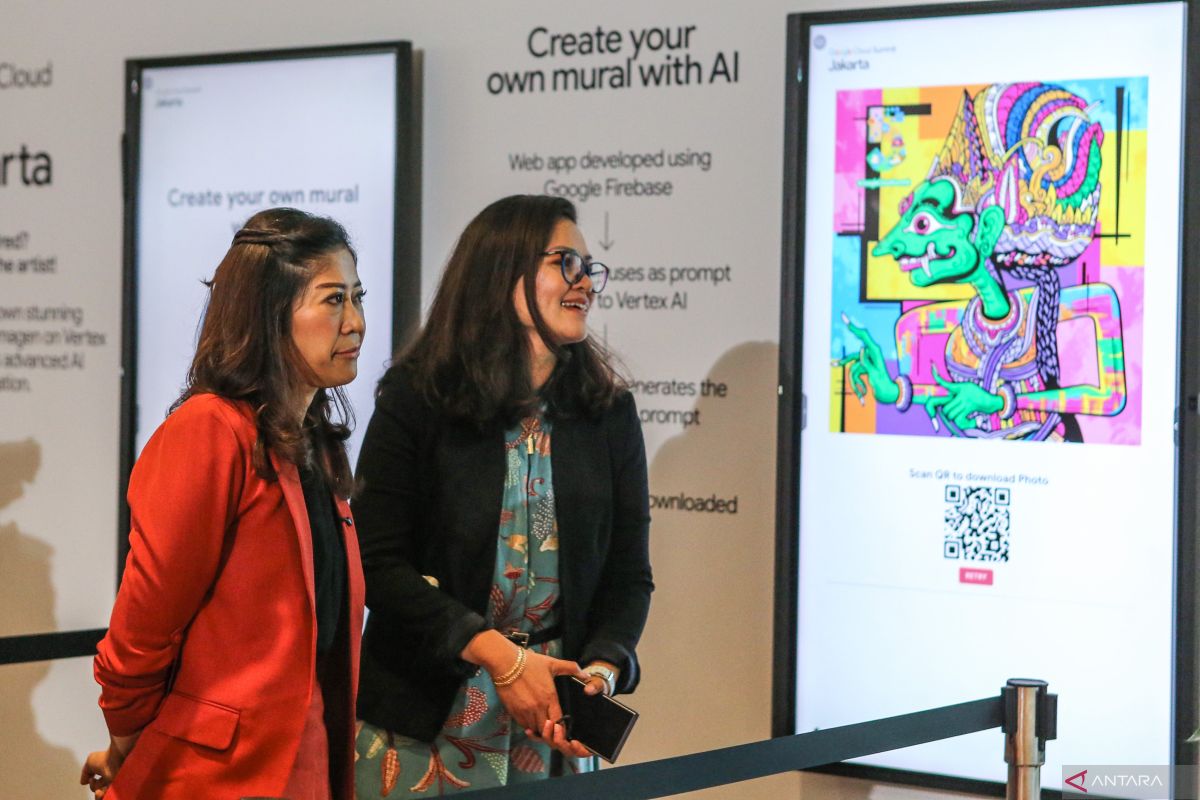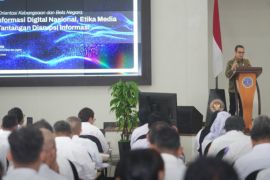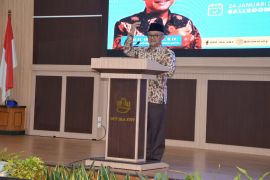The program is expected to strengthen the national digital ecosystem through the adoption of an integrated approach to progressive policies, the development of digital talents, and the application of technology to support the transformation of priority sectors.
"We believe that with a collaborative ecosystem based on a strong policy of superior talent and advanced technology, Indonesia has a solid foundation to become the center of AI innovation in Southeast Asia," Communication and Digital Affairs Minister Meutya Hafid said.
In a statement released on Friday, she said that Google's investment in developing an AI-ready data center in Indonesia is projected to add an estimated Rp1,400 trillion (around US$88 billion) to the national economy in the next five years.
Meanwhile, in 2025, the national digital economy is projected to contribute US$130 billion, an increase of 45 percent compared to the previous year, Hafid revealed.
According to the minister, Indonesia is currently the main driver of the digital economy in the ASEAN region, with the value of the country's digital transactions in 2024 reaching US$263 billion, or one-third of the total gross merchandise value (GMV) of Southeast Asia.
In 2024, Indonesia recorded 2,566 active startups, an increase of almost 50 percent compared to 2020, with the addition of more than 200 new startups every month on average.
She noted that the government has devised a series of regulations to lay the foundation for the program.
They include the Electronic Information and Transactions Law (UU ITE), the Personal Data Protection Law (UU PDP), and the Government Regulation on the Governance of Electronic System Implementation in Child Protection (PP Tunas), she added.
The government is also supporting the development of human resources through the Digital Talent Scholarship program to produce digital innovators with integrity, adaptability, and a global perspective.
In addition, she said, Indonesia has established the Indonesian National Work Competency Standards (SKKNI) in the field of AI to ensure that national digital talents remain sensitive to ethical issues, such as algorithmic bias and data privacy protection.
Translator: Sinta Ambarwati, Yashinta Difa
Editor: Aditya Eko Sigit Wicaksono
Copyright © ANTARA 2025











